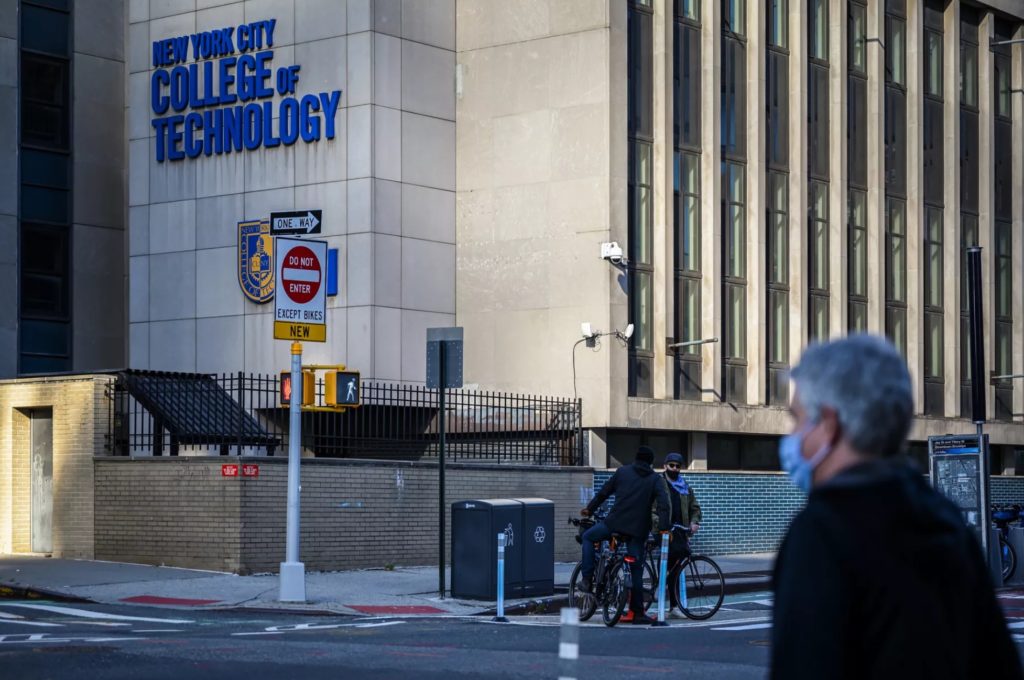CUNY’s STEM graduates nearly double in a decade but disparities persist, study finds

 This story was originally published on Nov. 24 by THE CITY. Sign up here to get the latest stories from THE CITY delivered to you each morning.
This story was originally published on Nov. 24 by THE CITY. Sign up here to get the latest stories from THE CITY delivered to you each morning.
Graduates of science and tech disciplines nearly doubled in the last decade at the public City University of New York, but racial and gender disparities persist, a new report released Tuesday found.
The study, conducted by the Center for an Urban Future, found that CUNY students earning degrees in science, technology, engineering or mathematics — fields known collectively as STEM — rose to 9,013 last year.

Brooklyn Boro
View MoreNew York City’s most populous borough, Brooklyn, is home to nearly 2.6 million residents. If Brooklyn were an independent city it would be the fourth largest city in the United States. While Brooklyn has become the epitome of ‘cool and hip’ in recent years, for those that were born here, raised families here and improved communities over the years, Brooklyn has never been ‘uncool’.